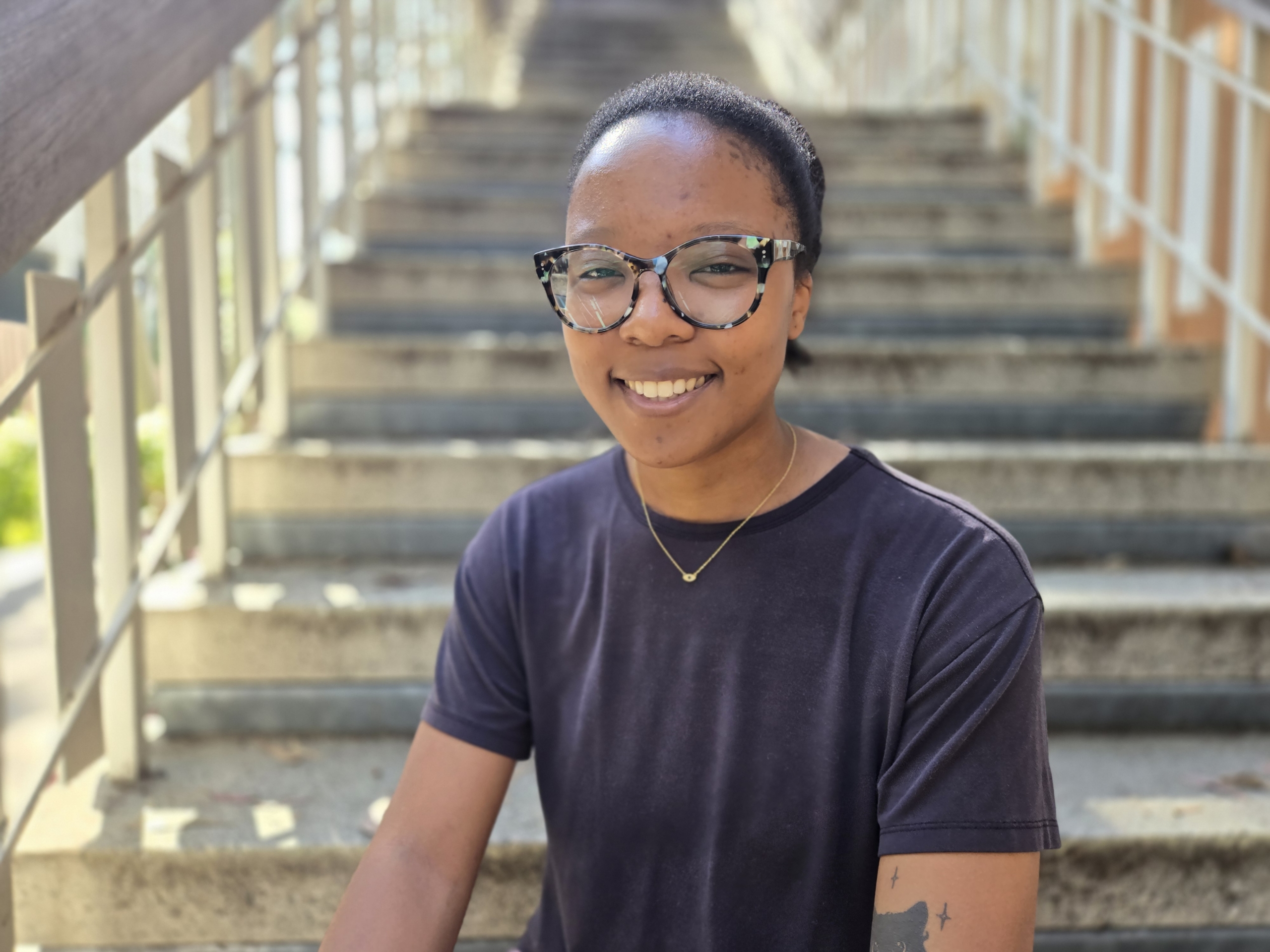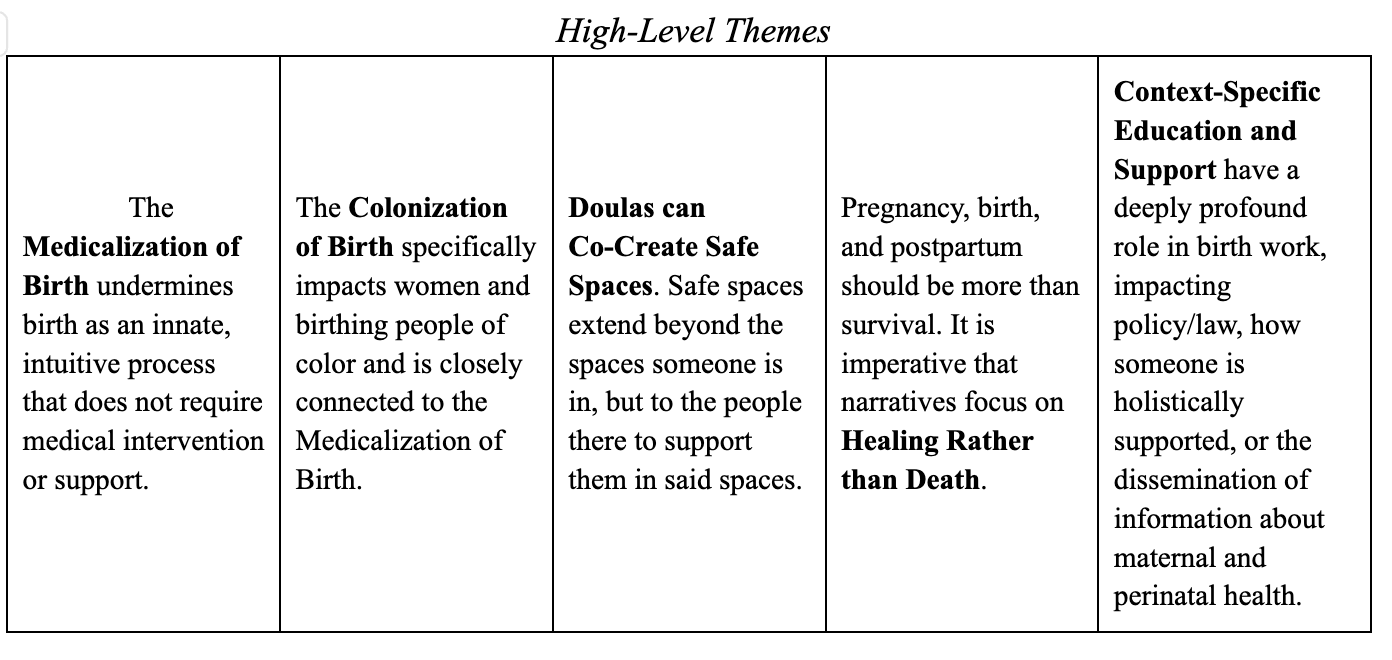Blog Post: “Protecting Maternal and Perinatal Healing Spaces”

We’re proud to share a powerful new addition to the CSW | Streisand Center eScholarship page: “Protecting Maternal and Perinatal Healing Spaces: Proposing and Analyzing Global Support Methods that Increase the Wellbeing and Healing of Black Women and Birthing People” by UCLA 2025 alum and Survivors + Allies member Leila Chiddick.
Creating this paper was a complex journey, navigating the world of global studies and international organizations along with anthropology, African American studies, and reproductive health. An incredibly important topic, I decided to delve into the experiences, stories, and practices of Black birth, birthing people, and birth workers. Presented in a multifaceted format, the paper introduces critical information about the history of birth work, global racism, Africa and decolonization, maternal death narratives, and the state of global maternal and perinatal health. Expanding on these global topics, the paper takes its community-focused findings to create a Holistic Birth Work Global Standard, which generates changes to global policy on maternal and perinatal health.
The perinatal period extends beyond birth, encompassing the prenatal, labor, and postpartum periods. It is a period of time unique to each mother and birthing person, and for some of the parents and doulas that I interviewed, it is an everlasting process that extends into the wonderful, challenging, and heartfelt experience of being a parent. Many narratives on the Black perinatal experience exclude gender-diverse people; birthing practices that deviate from Western, modern medicine; and pregnancy, birth, and parenthood from a healing lens. Albeit an ambiguous and overused term, healing became the crux of my research, specifically understanding how one can find autonomy, safety, and support during a vulnerable and empowering period, the perinatal period.
The depth of understanding exemplified in this paper could not be accomplished without the impactful voices of community members, doulas and birth workers, and women and birthing people. I made an important shift in my methodology, as further outlined in the paper, from centering the paper around in-depth literature reviews and case studies to centering it around direct communication, interaction, and interpersonal experience in the birthing community. I quickly learned that conducting research with people and communities at the forefront centers their stories, needs, and concerns. Without their perspectives and my direct engagement in birth work communities, my research would be futile and continue to replicate harmful research practices that speak on behalf of the people and communities they attempt to support.
By attending and participating in doula trainings, doula circles, and interviewing doulas and birth workers, who are mothers and parents themselves, I took away more from this experience than writing a research paper. I took away their stories, their life guidance, and their lifelong impact and presence in this work. They not only shaped this paper and the critical themes present in it into what it is today, but also shaped how I will approach supporting women and birthing people in everyday life. I hope every reader walks away having heard and learned from their voices and their stories.

Leila Chiddick is a UCLA Class of 2025 Alumna who majored in Global Studies and minored in Professional Writing at the University of California, Los Angeles (UCLA). Her research interests include healing resources for survivors of sexual and domestic violence, sexual violence prevention education, reproductive legal education, and birth work, specifically how to create healing spaces for Black mothers and birthing people.

